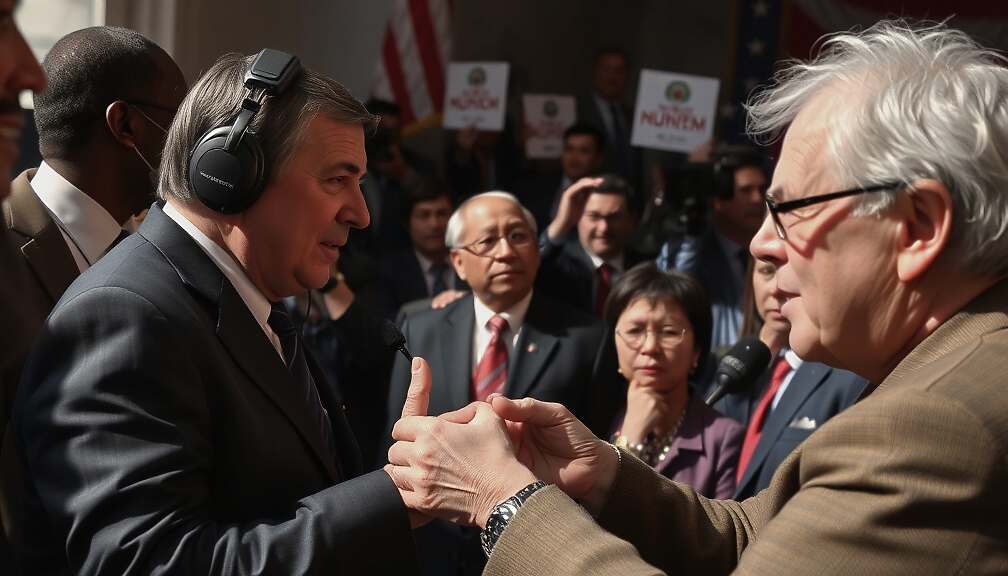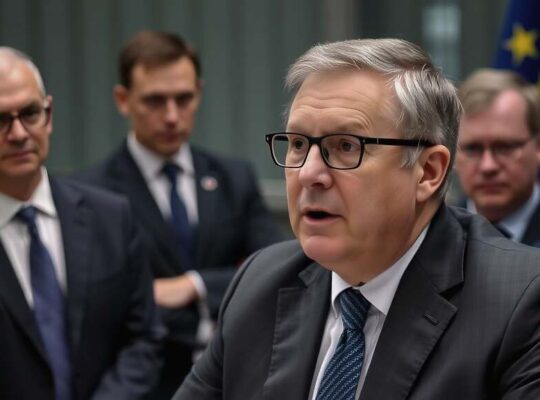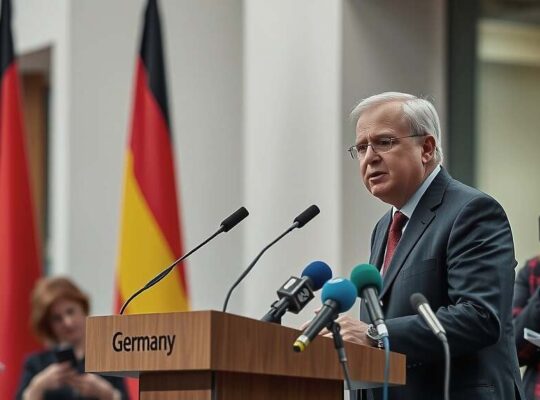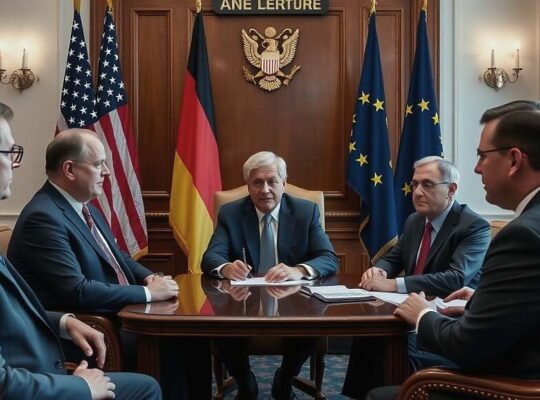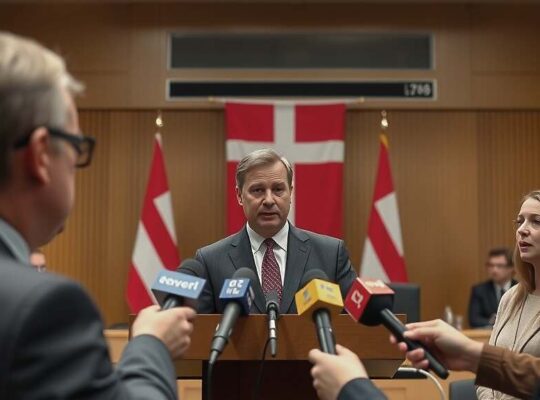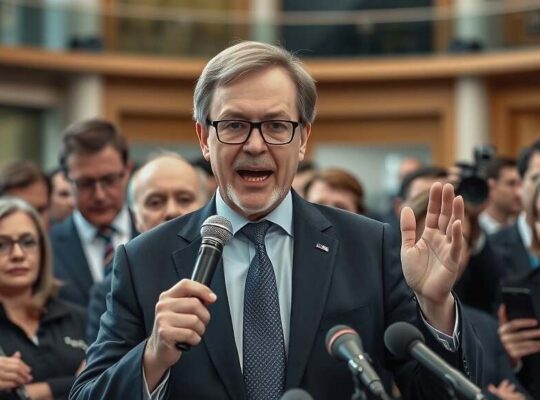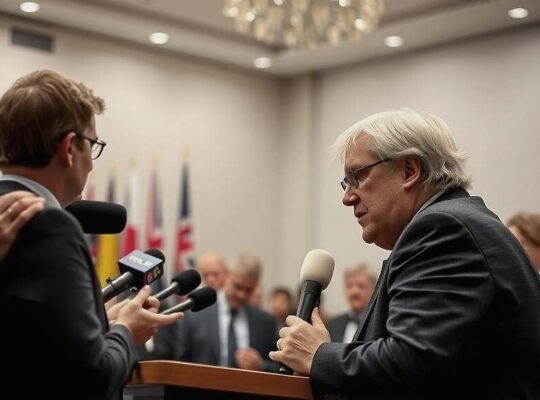The Bundestag witnessed an unusual display of parliamentary maneuvering on Thursday as a Green Party initiative to formally summon Foreign Minister Johann Wadephul failed to secure sufficient support, while the minister ultimately appeared in the plenary session voluntarily.
The Green faction’s attempt to compel Wadephul’s presence was initiated amidst a debate centered around the 25th anniversary of UN Resolution 1325, focused on advocating for feminist foreign policy and integrating gender considerations into peacebuilding efforts. The resolution, intended to highlight the critical role of women in conflict prevention and resolution, underscores a policy area where the Green Party and the governing CDU have demonstrably diverging perspectives.
The formal citation request, known as a “Hammelsprung” triggered a complex and highly symbolic procedure. While 110 parliamentarians voted in favor, a resounding 450 opposed the motion. Given that the governing coalition currently holds only 328 seats, the Green Party’s comparatively smaller faction of 85 highlighted a clear lack of consensus. The “Hammelsprung” itself, an antiquated parliamentary process dating back to the German Empire in 1874, saw Bundestag members exiting and re-entering the chamber through designated doors marked “Yes” “No” and “Abstention” allowing coalition whips precious time to rally support and ensure a definitive outcome.
The unusual turn of events raises questions about the government’s willingness to engage with critical perspectives on foreign policy. While Wadephul’s eventual appearance bypassed the formal summons, critics argue it underscored a reluctance to fully embrace the principles of feminist foreign policy championed by the Greens. The incident sparked debate around the effectiveness of parliamentary procedures and the potential for symbolic gestures to overshadow substantive policy discussions within the Bundestag. The Green Party, while unsuccessful in forcing the formal appearance, positioned the episode as a demonstration of their commitment to holding the government accountable and advocating for a more inclusive and equitable approach to international relations.


